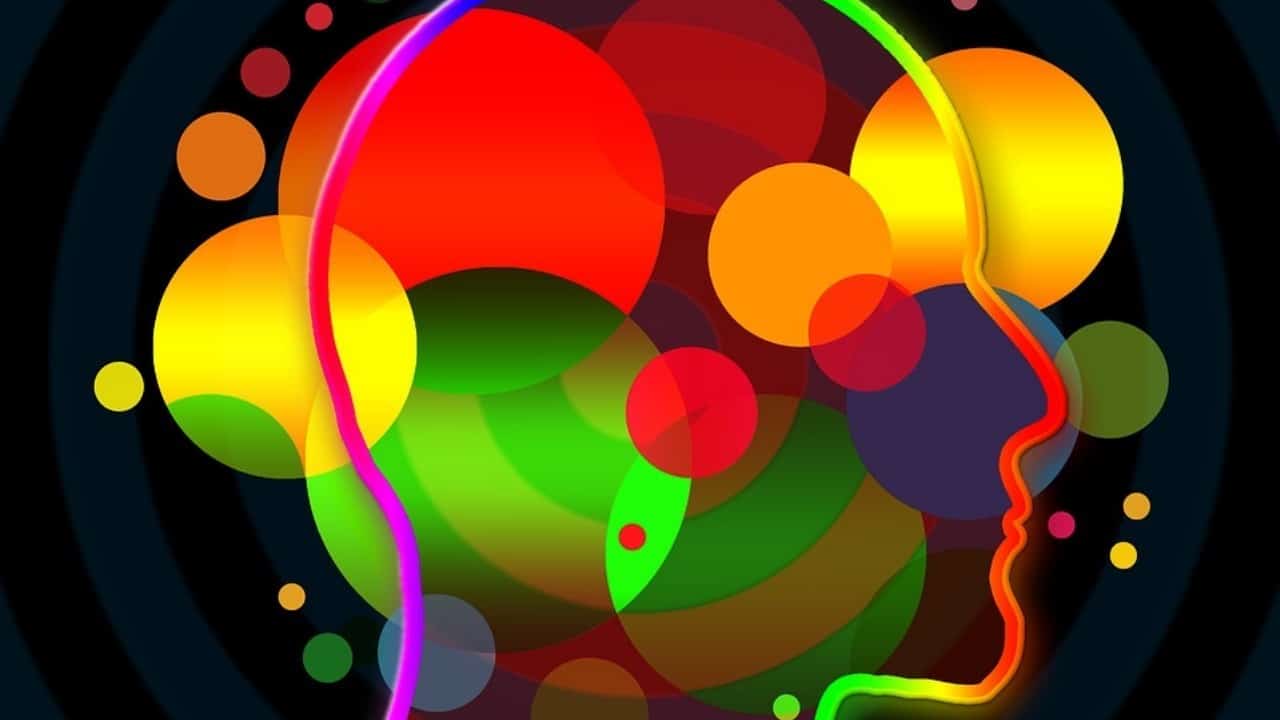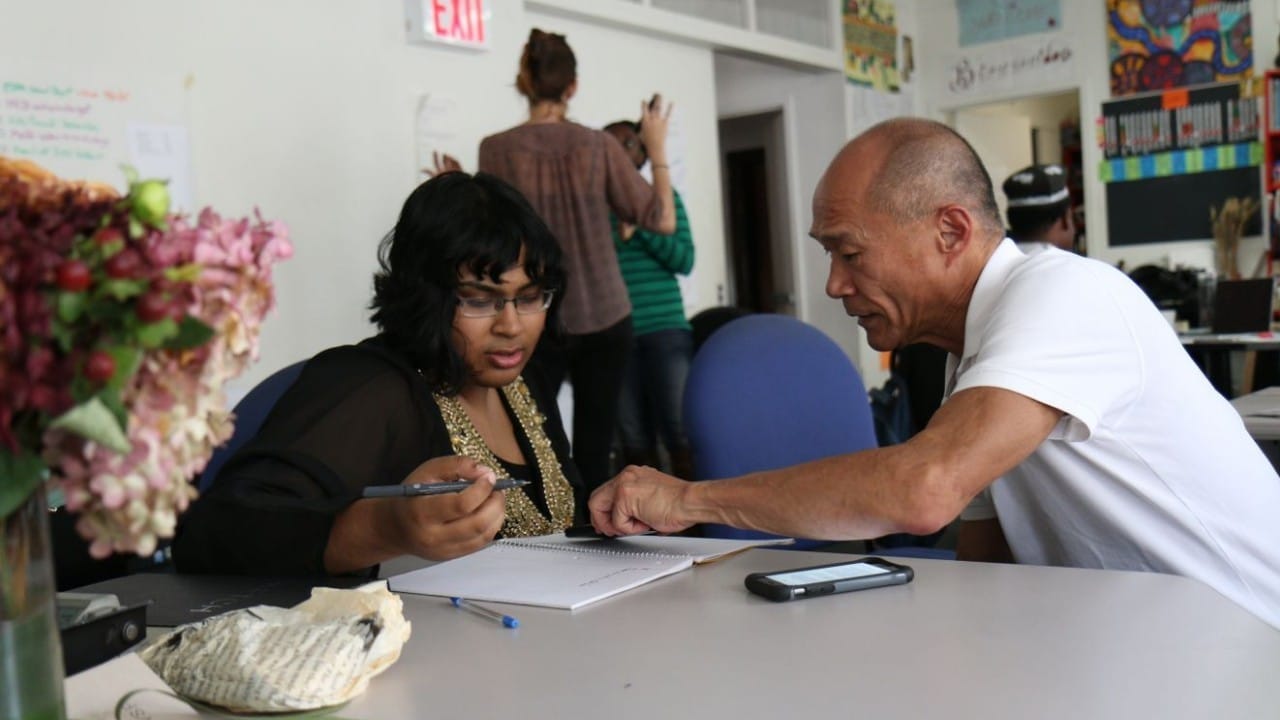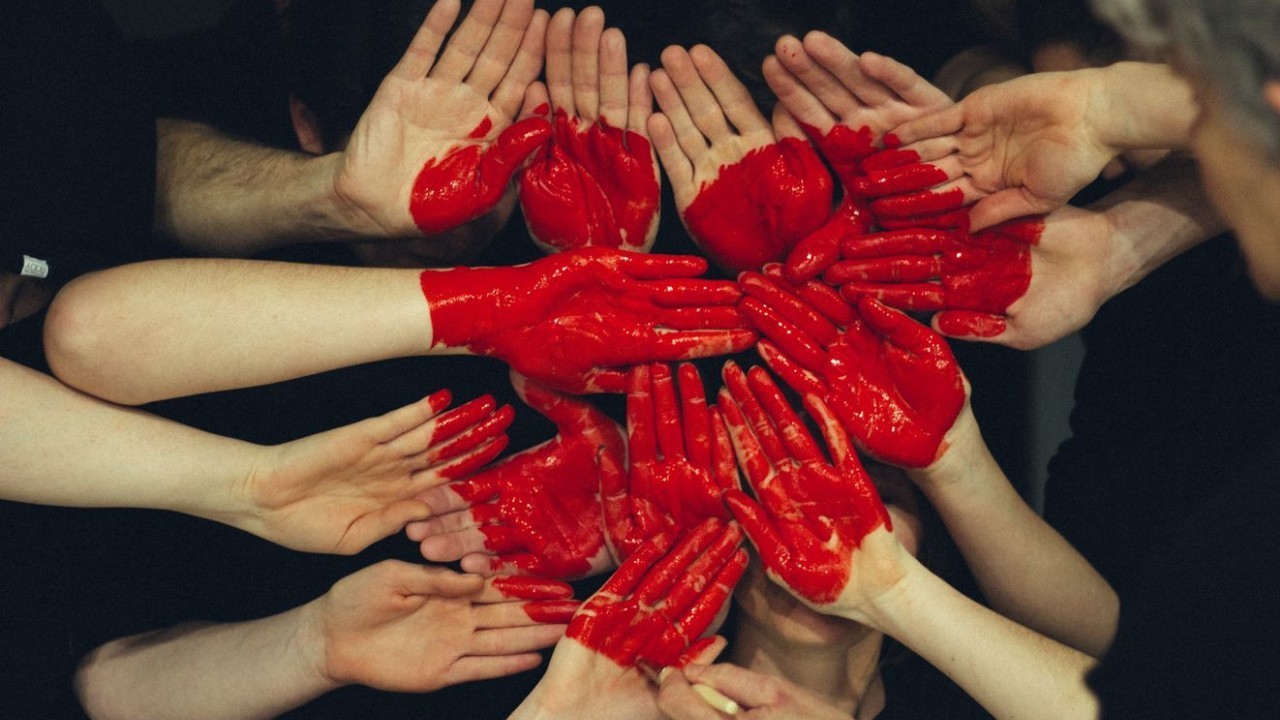The first week in October is a time set aside for the recognition of mental illness. Previously, those suffering from conditions such as anxiety, bipolar disorder, major depression, and schizophrenia, often lived alone in silence. However, in 1990, things changed when the National Alliance on Mental Illness was established. Their goal was to bring awareness to conditions that affect more than 26 percent of Americans, and they began the arduous task of taking away the stigma attached to mental health.
Communities Unite to Provide Hope
During this week, there are a plethora of events to help bring these conditions to the forefront. Both healthcare authorities and folks from all walks of life get together for benefit runs, prayer and candlelight vigils, and health fairs. There are movie nights, testimonials, and an outpouring of love from the communities. It’s a great time for people to get educated and learn the steps to identifying signs of mental illness.
While a person may not be directly bothered by mental illness concerns, they may be indirectly affected. Those who are dealing with loved ones who have conditions like major depressive disorder and other mental health concerns can be overwhelming. Having a support system is vital to surviving and thriving.
The Numbers Are Staggering
Of the 26 million people that have a mental illness in this country, only about 56 percent of those individuals will get help. Shockingly, over 90 percent of all suicides are related to a mental concern, and how many of these people had an undiagnosed mental illness? Stigma is frequently the barrier that keeps a person from reaching out to a doctor. Experts advocate for people to lay down their preconceived notions and get assistance so that they can be treated and recover.
Mental Illness and Substance Abuse

Drug and alcohol rehabilitation centers across the country recognize that mental illness and substance abuse run together. With more than 40 million Americans suffering from some sort of anxiety disorder, many try to self-medicate to treat their pain. Dual-diagnosis centers across the country are helping people treat mental illness and substance abuse simultaneously. Treating just one component and ignoring the other is why so many have relapsed. Dual-diagnosis centers are necessary today.
Experts Focus on Treatment Plans

There are exciting new treatments that will be brought to the forefront this week. Experts will talk about things they are implementing, new medications, and encourage people to speak with their doctor about mental illness concerns.
Some people live and work every day with debilitating conditions like schizophrenia, bipolar disorder, and depression. The key is to get help and the right treatment plan. Some communities will set up screenings and counselors to help direct people to the right place.
Stopping the Stigma

From October 1-7th, and every other day of the year, take time to educate children about the importance of mental health. Even young ones, especially those who have experienced trauma, can suffer from things like anxiety and major depressive disorder.
It’s time to end the stigma, stop judging, and encourage one another to get help. The right treatment can save a life. No one should have to suffer in silence or alone.




